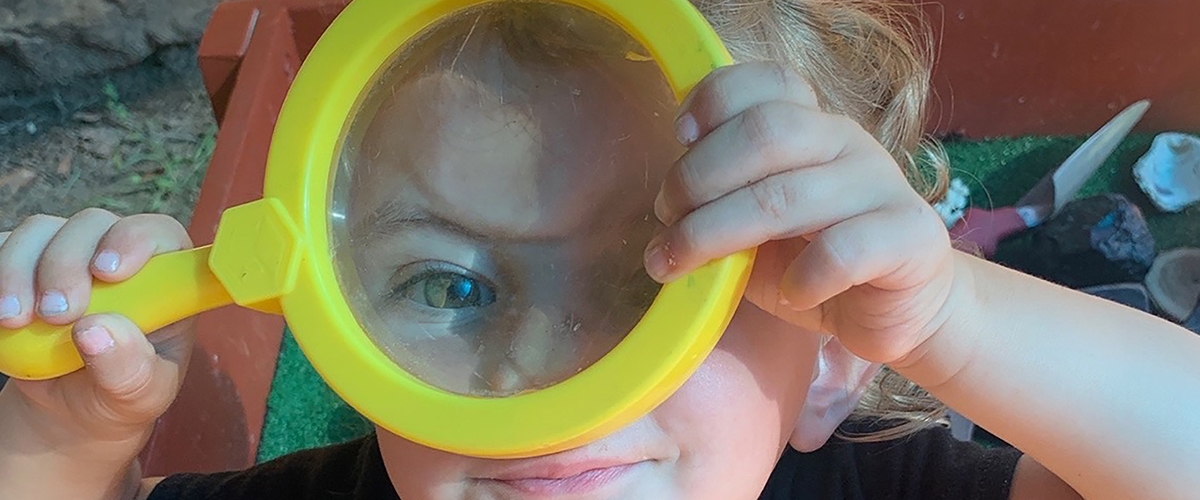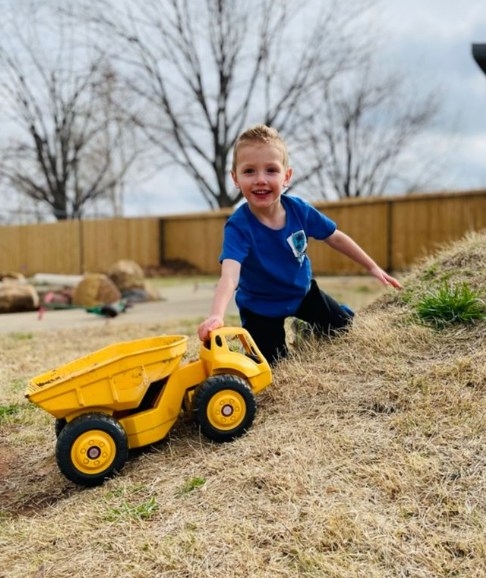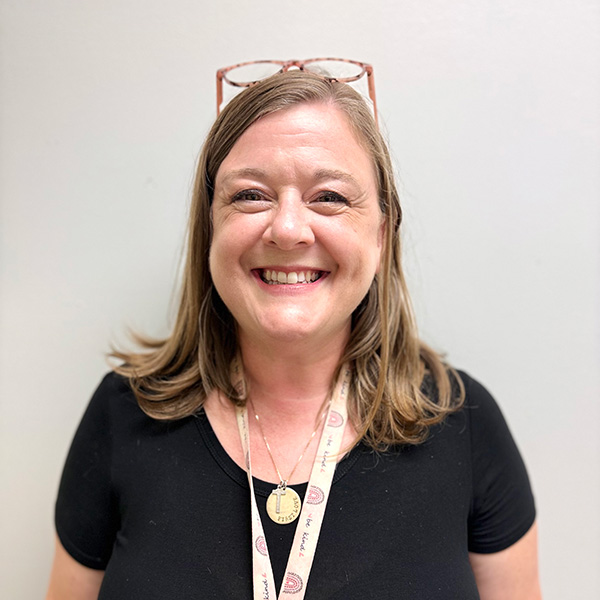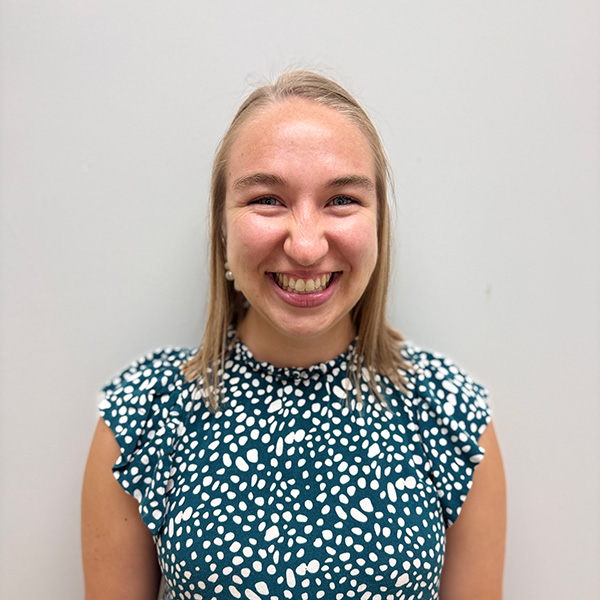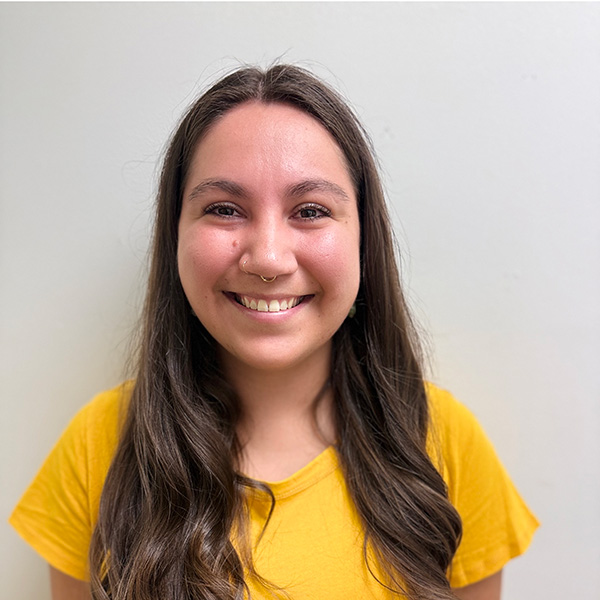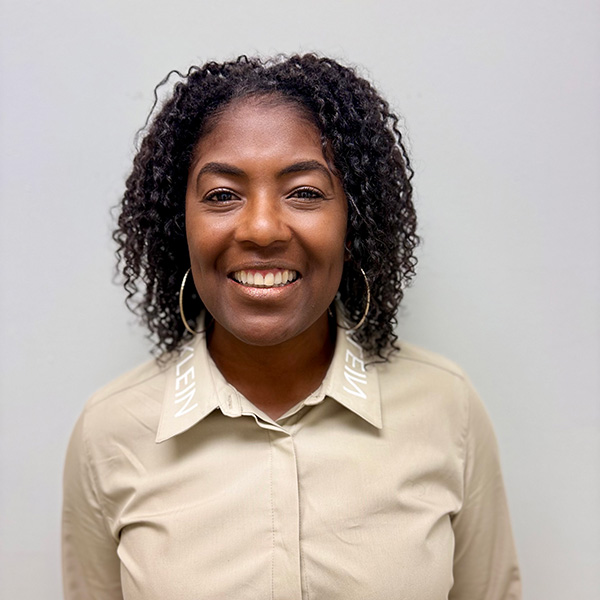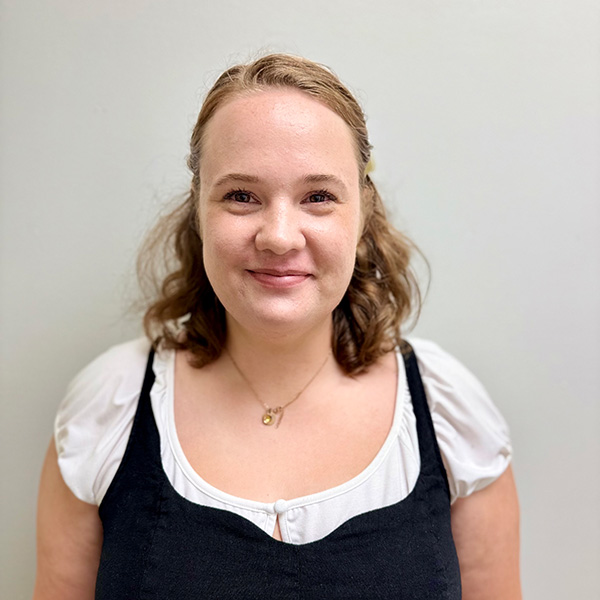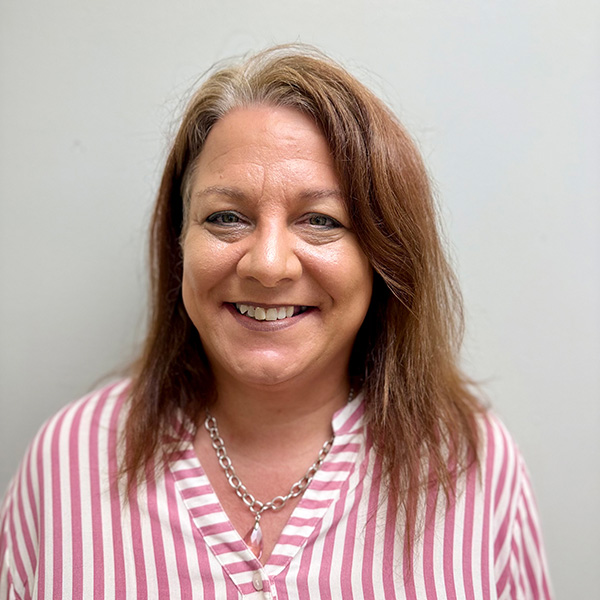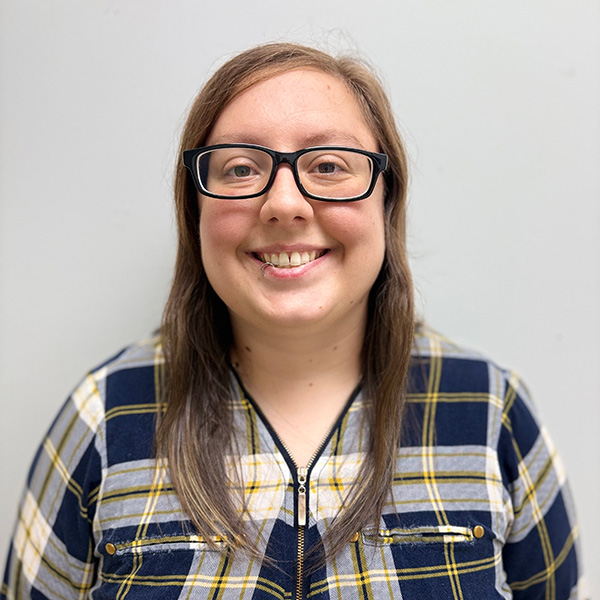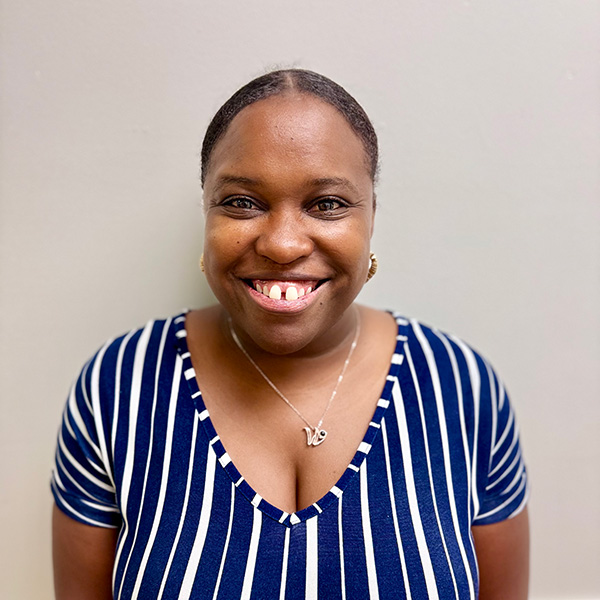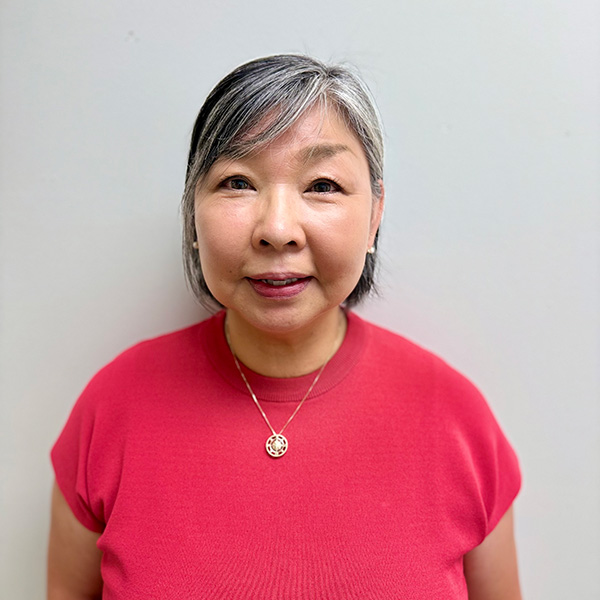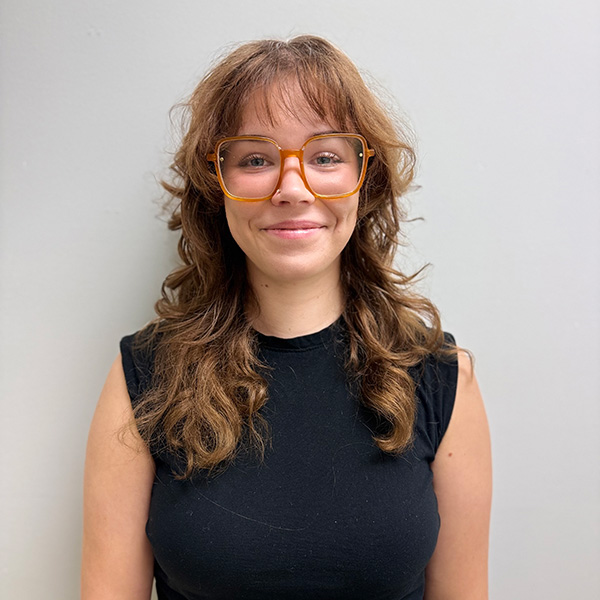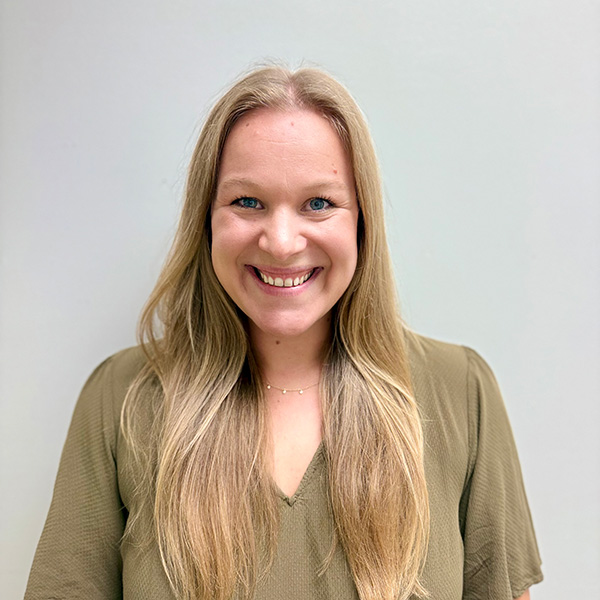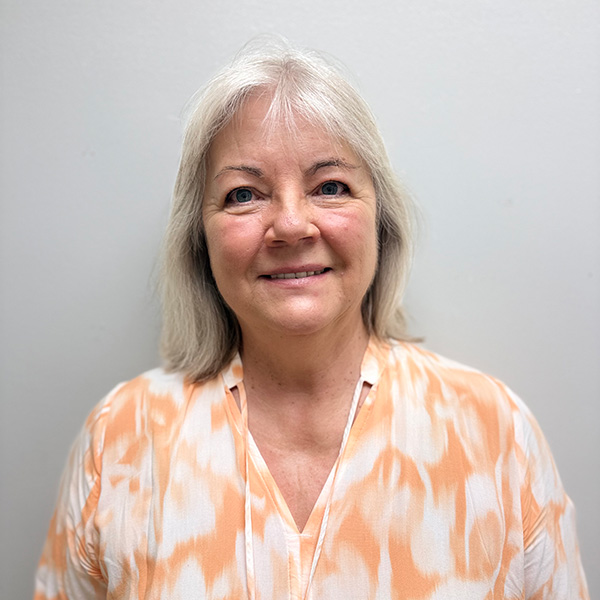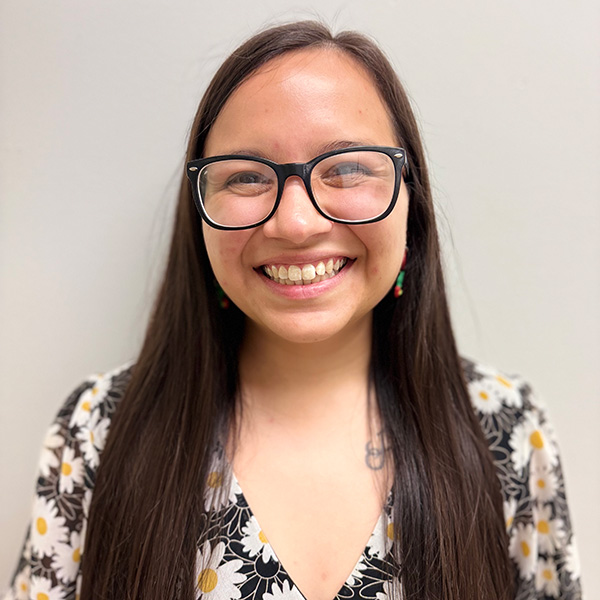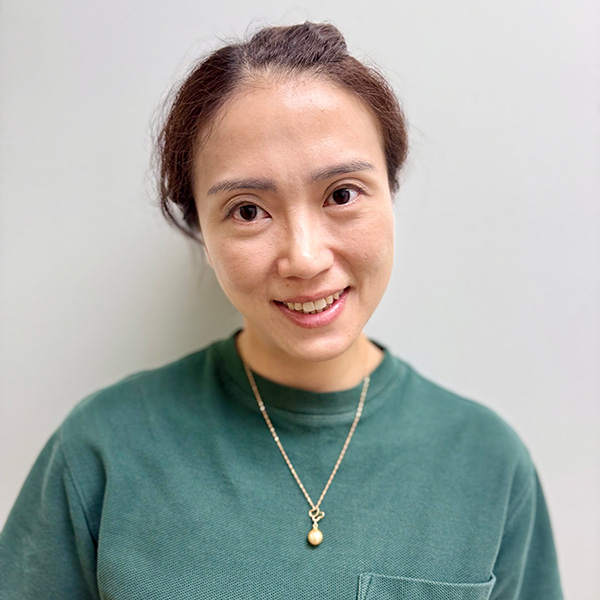At the Institute of Child Development, we attempt to foster social, emotional, cognitive, creative, and physical development in each child. We believe it is only through a balanced educational approach attending to each of these domains that a child will optimally develop. We follow a Reggio Emilia approach to education. We view children as capable and competent, valuable members of today’s society. We encourage children to research, observe, explore, and question the world around them. They do this in numerous ways through touching, tasting, listening, moving and observing. Our classrooms are full of open ended materials that can be store bought, natural and/or recycled materials to foster creativity and learning and further their investigations.
The teacher's role at the Institute is to serve as a guide, a resource, and a facilitator for the child. By this we mean the teacher facilitates a child-centered environment by initiating activities and projects for children which are developmentally appropriate, purposeful, meaningful, and foster learning through self-selected play. Children will learn best through a process of discovery, enabling them to build theories about how their world operates. The teacher acts as a guide when she questions the child, encouraging him or her to think more deeply about a problem or situation. The teacher acts as a resource person for children, offering suggestions if needed, yet encouraging children to develop ways to solve problems for themselves and to take responsibilities for their actions. We believe peer interactions are critical in helping children develop socially, creatively, physically, emotionally and cognitively. Through peer interactions children construct cognitive and social knowledge, acceptance of others, and an appreciation of individual/cultural difference.
PROGRAM GOALS
Through our program, children will experience the following:
1. A psychologically and physically safe environment that encourages individual growth and development;
2. Opportunities to develop autonomy, independence and self-help skills;
3. Experiences that build pro-social behaviors, classroom community and empowerment;
4. Encouragement to explore a variety of learning modalities through a wide array of materials and planned curriculum experiences;
5. Opportunities to explore, develop, and appreciate critical thinking and creativity through the arts and self-expression.

